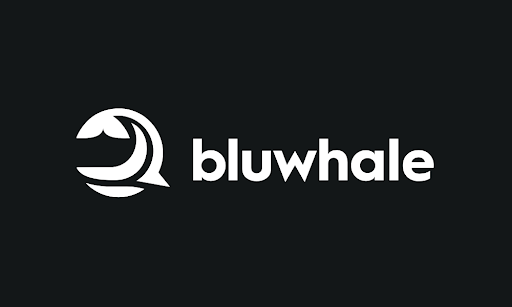Tether Invests in Kotani Pay to Expand Digital Payment Access Across Africa

Tether, the issuer of USDT stablecoin, announced a strategic investment in Kotani Pay on October 21, 2025. According to Incrypted, Kotani Pay is a Kenyan-based infrastructure platform that provides on-chain access to local payment channels. The company simplifies transfers between traditional financial systems and Web3 environments across Africa.
The partnership aims to expand digital asset access and reduce barriers for African users and businesses in the global economy. Tether stated the investment will support cross-border payment ecosystem development based on blockchain technology. CEO Paolo Ardoino said Kotani Pay's vision and regional presence make it an ideal partner for advancing shared goals in Africa.
Kotani Pay has built solutions adapted to local needs, enabling on-chain transfers even without internet connectivity. The platform allows users to make crypto payments through mobile phones, connecting digital assets with mobile money and banking networks. The company previously raised $2 million in September 2023 to expand cryptocurrency payment capabilities without internet requirements.
Why This Matters for African Users
The investment addresses significant challenges faced by African businesses and individuals in accessing global financial systems. Crypto.news reports that Tether now serves over 500 million users worldwide. The company announced this milestone alongside the Kotani Pay investment, with its USDT stablecoin maintaining a market capitalization of $182 billion.
The deal specifically targets small and medium enterprises by reducing international money transfer costs and settlement times. African businesses often face high transaction costs, long processing periods, and limited access to global financial networks. Felix Macharia, CEO and co-founder of Kotani Pay, said the partnership positions his company to connect millions of Africans to the global financial system.
For individual users, the investment provides direct access to digital dollars through USDT in regions experiencing currency instability. Countries like Nigeria and Kenya face high inflation and banking access limitations. The partnership makes digital asset access simpler for populations that are unbanked or underbanked.
Industry Implications for African Cryptocurrency Markets
Sub-Saharan Africa demonstrates the fastest growth rate in cryptocurrency adoption despite being the smallest regional market globally. Chainalysis data shows on-chain transaction volume exceeded $205 billion between July 2024 and June 2025. This represents a 52 percent increase compared to the previous year.
Nigeria, Kenya, South Africa, and Ethiopia lead regional expansion in users and applications. The growth stems from practical needs rather than speculative interest. High inflation, currency volatility, and limited banking infrastructure drive demand for alternative financial tools. Over 8 percent of all value transferred in Sub-Saharan Africa involves transactions under $10,000, compared to 6 percent globally.
Tether's investment in Kotani Pay continues the company's African expansion strategy. In March 2023, Tether launched YellowCard cards allowing USDT payments without bank accounts. In April 2025, the company deployed mining operations in remote African locations and launched a cryptocurrency education program in Nigeria with Quidax.
The partnership may accelerate competition among payment providers targeting African markets. Traditional banks face pressure to reduce cross-border transfer fees, which remain among the world's highest in Sub-Saharan Africa. Stablecoin adoption increases as users seek protection from local currency depreciation.
Further Reading
For those interested in decentralized governance and blockchain infrastructure tools, our comprehensive DAO tooling guide provides detailed analysis of over 100 platforms and tools used in decentralized governance. The guide covers voting systems, treasury management, and collaboration frameworks.





